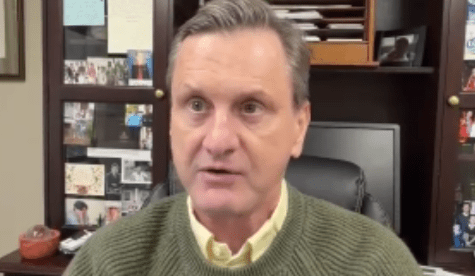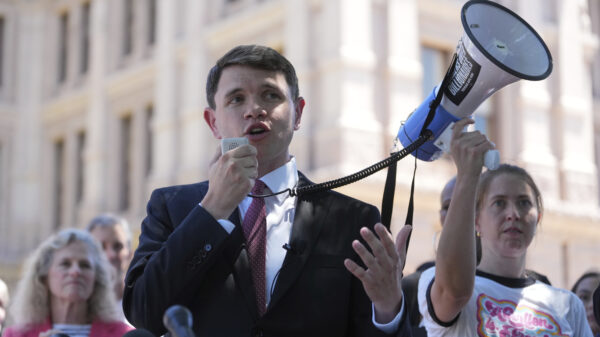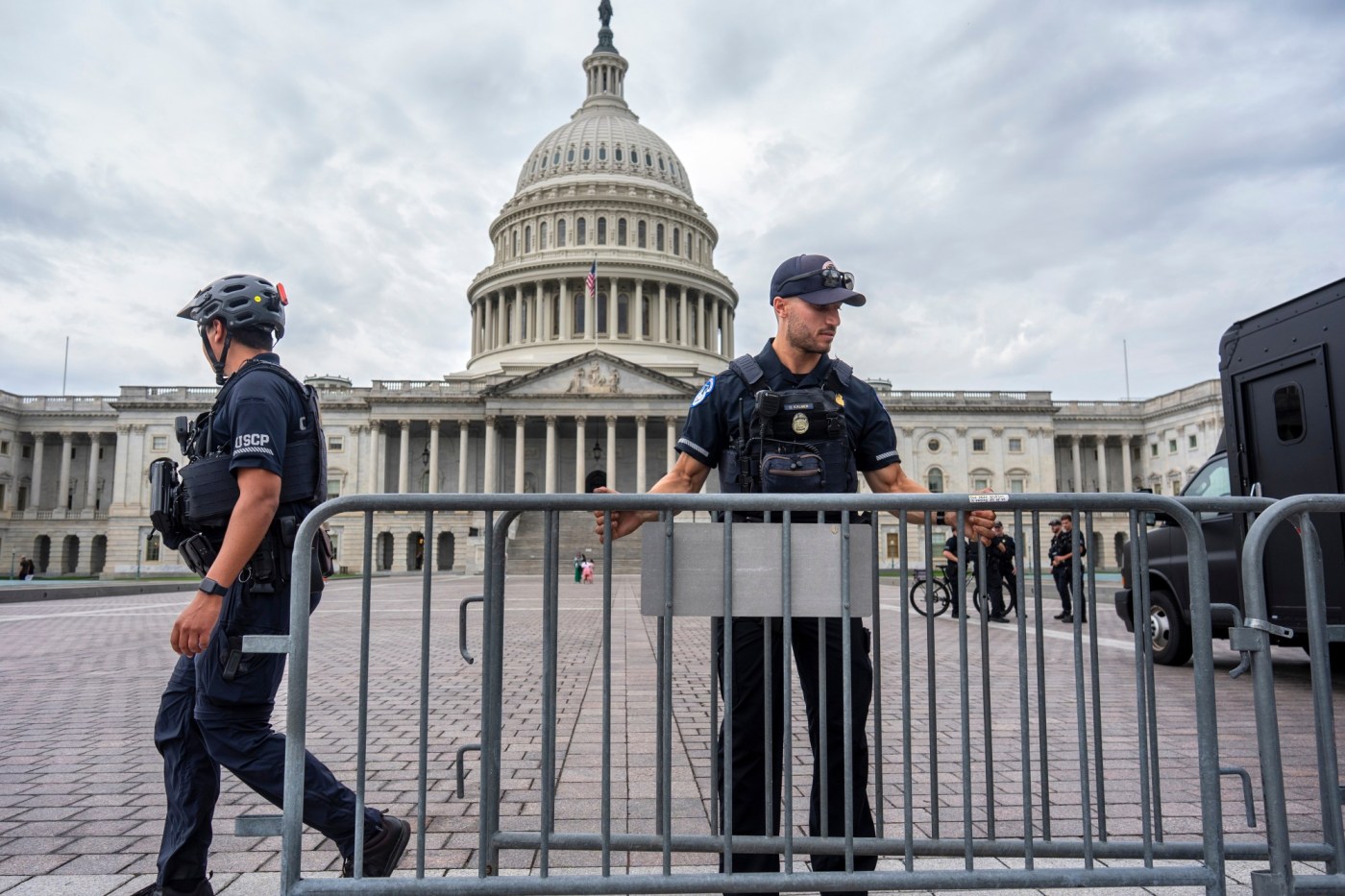As the federal government faces an imminent shutdown, Maryland lawmakers are grappling with the implications for the state’s approximately 250,000 federal workers. With funding set to expire on September 26, 2023, the divide among local representatives reflects a broader national stalemate over budget negotiations.
State Senator J.B. Jennings, a Republican from Baltimore and Harford counties, expressed frustration with the situation. “People come to us, and there’s nothing we could do. I’m not down there. I’m not in D.C., so I’ve got no stake in the game. I’m not in the fight,” he stated. Jennings’ sentiment is echoed by Delegate Lily Qi, a Democrat representing Montgomery County, who remains hopeful about Maryland’s congressional delegation. “Yes, the frustration is shared by all of us, but we will do the responsible thing by holding our communities together as much as possible,” Qi mentioned.
At the center of the debate is President Donald Trump, who, along with Republican allies, is advocating for a “clean” stopgap measure—a seven-week spending extension without partisan provisions. In contrast, Democrats are pushing for additional health care protections and other measures, which have been rebuffed by Republican leaders. Members of Maryland’s congressional delegation have indicated they may support a shutdown if negotiations do not progress.
On Monday afternoon, Trump is scheduled to meet with congressional leaders, including Mike Johnson, Speaker of the House, John Thune, Senate Majority Leader, Hakeem Jeffries, House Minority Leader, and Chuck Schumer, Senate Minority Leader, at the White House to discuss potential funding solutions. Without an agreement, federal funding will cease on Tuesday, and as of Monday morning, negotiations remain at a standstill.
The blame game surrounding the potential shutdown has intensified, trickling down to local leaders. According to a survey conducted by The Baltimore Sun, many Maryland legislators blame the opposing party for the lack of progress in Washington. Delegate Jason Buckel, a Republican from Allegany County, criticized Democrats, stating, “If Democrats hold the country hostage in October over health care tax credits and policies that don’t expire for months, it’s pretty clear that partisan politics is the goal—not governing America in the best interests of the country.”
Conversely, Delegate Nick Allen, a Democrat from Baltimore County, placed responsibility on the Trump administration, asserting that it is “holding federal employees hostage” to avoid negotiations. “It’s just incredibly frustrating, incredibly disappointing to see when the federal government is not able to function the way it’s supposed to,” Allen remarked.
Among the Republican responses, seven lawmakers, including Delegates Christopher Bouchat, Mark Fisher, Stuart Schmidt, and Matthew Morgan, voiced opposition to a shutdown. Most accused Democrats of leveraging the situation for political gain. “This is no time for partisan politicians to play a dangerous game of ‘chicken,’” stated Senator Chris West, who represents Baltimore County.
Opinions among Democrats vary, with many expressing a desire to avoid a shutdown. However, they support Maryland’s congressional delegation in pressing Republicans on health care and other priorities, even if it results in a government closure. Delegate Sheila Ruth highlighted the impact of current policies on constituents, mentioning job cuts at Social Security and healthcare defunding.
In a concerning development, the Office of Management and Budget issued a memo warning that a shutdown could lead to permanent reductions in the federal workforce, a significant deviation from past practices. In response, Representative Johnny Olszewski introduced the Securing Assurance for Federal Employees Act, aiming to prevent mass layoffs during a potential shutdown.
“Usually, a government shutdown comes with temporary freezes of funds and furloughs,” Qi noted. “I would not take any threats lightly because we have seen some horror stories unfolding from this administration.” As the deadline looms, the stakes continue to rise for Maryland’s federal workers and the broader implications for government functionality.






































































